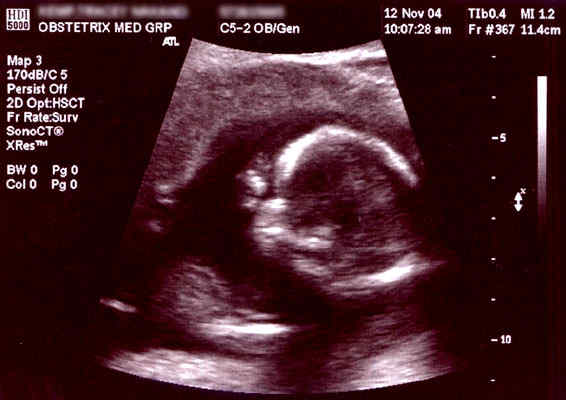The Pre-conception and Pre-natal Diagnostic Techniques (Prohibition of Sex Selection) Act, 1994, as amended from time to time, prohibits advertisements for tests conducted for prenatal sex determination. However, several such advertisements regularly appear on the Internet. In a writ petition filed before the Supreme Court, it was highlighted that the search engines such as Google India, Yahoo India and Microsoft Corporation (I) Pvt. Ltd., are still getting things advertised in violation of the legal provisions contained in the aforesaid Act.

In its order dated 4 December 2014, the Supreme Court did not appreciate the helplessness expressed by the Group Coordinator, Cyber Laws Formulation and Enforcement Division, Government of India, Department of Information Technology, in this regard in his affidavit in reply. This affidavit, inter alia, mentioned as under:
“The pre-natal sex determination is an offence in India under PC & PNDT Act. However, it may not be an offence in other countries. The information published on the websites is generally aimed at for wider, world wide dissemination and caters to the needs to many countries and may not be for the Indian citizens. Also, most of these websites are hosted outside the country. Blocking of such sites advertising pre-natal sex determination may not be feasible due to their hosting outside the country. Moreover, some of the websites provide good content for medical education and therefore blocking of such websites may not be desirable.”
The advocate for the petitioner on the other hand pointed out that other countries have been able to control such advertisements, which violate the laws of their countries by way of entering into certain kind of agreement, developing technical tools and issuing appropriate directions.
While expressing its displeasure over the helplessness shown by the above authority of the Government of India, the Supreme Court directed that an effort has to be made to see that nothing contrary to laws of this country are advertised or shown on these websites.
The Supreme Court adjourned the matter to 15 December 2014 in order to have the technical assistance from the competent authority from the Department of Information and Technology of the Government of India. The Solicitor General of India has been asked to assist the court on the next date.
Opinion of Tilak Marg: The stand taken by the Government of India appears to be strange in today’s technological age. There are many utilities, including free ones, available on the Internet which can selectively block the offensive pages on the Internet. Of course, such pages may reappear at different web addresses in future, but it should not be difficult to block such other pages also as and when they appear in view of the fact that many advanced content-filtering utilities are available to identify the offensive content. If a particular website has mixed content, i.e., some of which is useful (such as for medical education) and some other is offensive, it is technically possible to block only the offensive pages. What in fact is surprising is the kind of helplessness shown by authorities in India, given the fact that India claims to be a software power. One only hopes that instead of showing their helplessness in this regard, the Government authorities will start taking action to the best of their abilities. One can understand if you make your best efforts and then fail. But, it is rather shocking when you surrender even before making any efforts.
The order dated 4 December 2014 of the Supreme Court is reproduced below.
Supreme Court order to block online advertisements for prenatal sex determination by tilakmarg


The only hope is from the Supreme Court. Otherwise, Government of India is of no use. If a Government cannot stop advertisements on sex determination then who else can do it? Don’t pass laws if you cannot implement them.